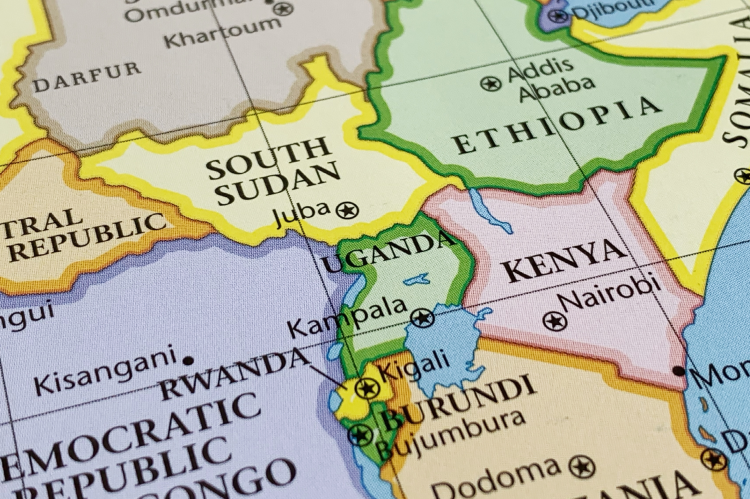Kenya, Uganda, Rwanda, and South Sudan have committed to building the Eldoret-Kampala-Kigali refined petroleum products pipeline to streamline product movement across the region.
The project is designed to enhance the transportation of refined petroleum products from Western Kenya, ensuring a more efficient, faster, and environmentally friendly process across the three nations.
Kenya’s Petroleum Principal Secretary, Mohamed Liban, expressed optimism about the project's potential to foster sustainable development, economic integration, and prosperity for the region. "This project will lay a strong foundation for future generations," he said.
Liban made these remarks during a joint ministerial meeting for the Northern Corridor Integration Projects in Entebbe, Uganda. The meeting brought together representatives from the partner states, including Uganda’s Energy Minister Okaasai Sidronius and Rwanda’s High Commission Charge de Affairs Ismael Baguma.
The Eldoret-Kampala-Kigali pipeline project, a key component of the Northern Corridor Integration Projects initiated in 1995, aims to address the challenges associated with transporting refined petroleum products by truck.
Kenya, Rwanda, and Uganda formalized their commitment to the project through a tripartite agreement signed in 2013. The pipeline is seen as a crucial infrastructure development to meet the region’s growing energy demands.
Currently, refined petroleum products are unloaded at the Port of Mombasa and transported by pipeline to various depots in Kenya. However, the final delivery to inland areas and neighbouring countries is still heavily reliant on trucks. PTJ






